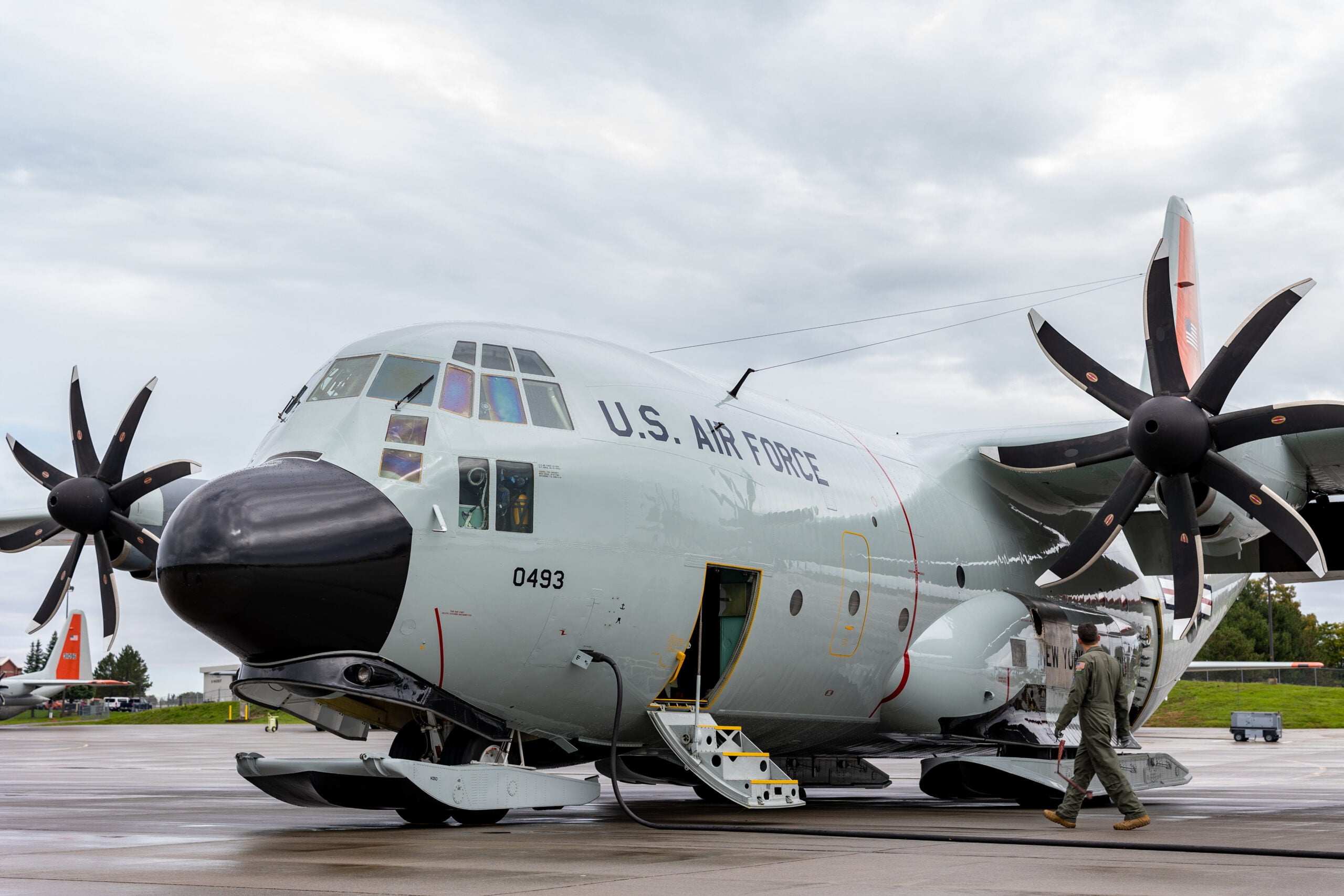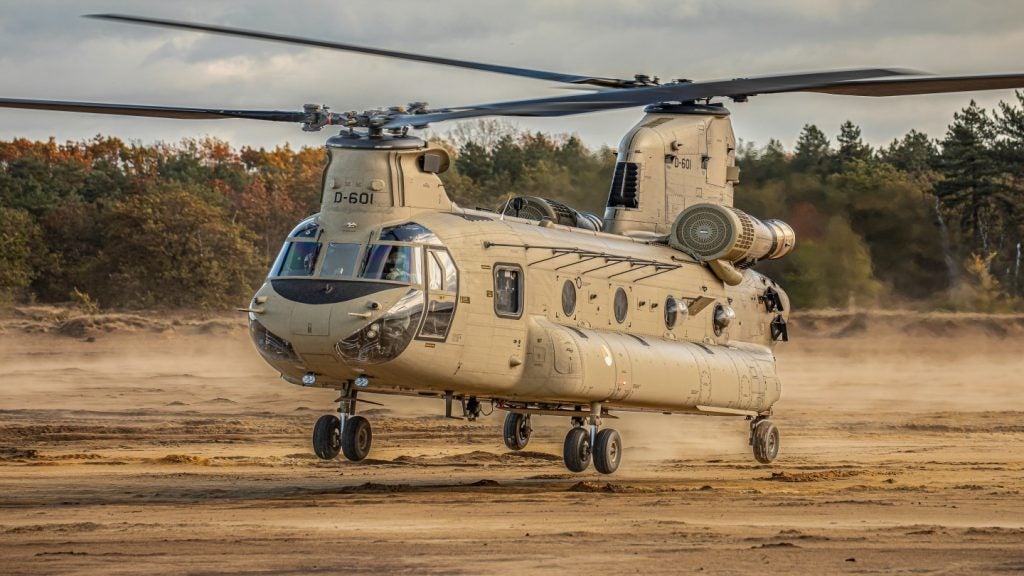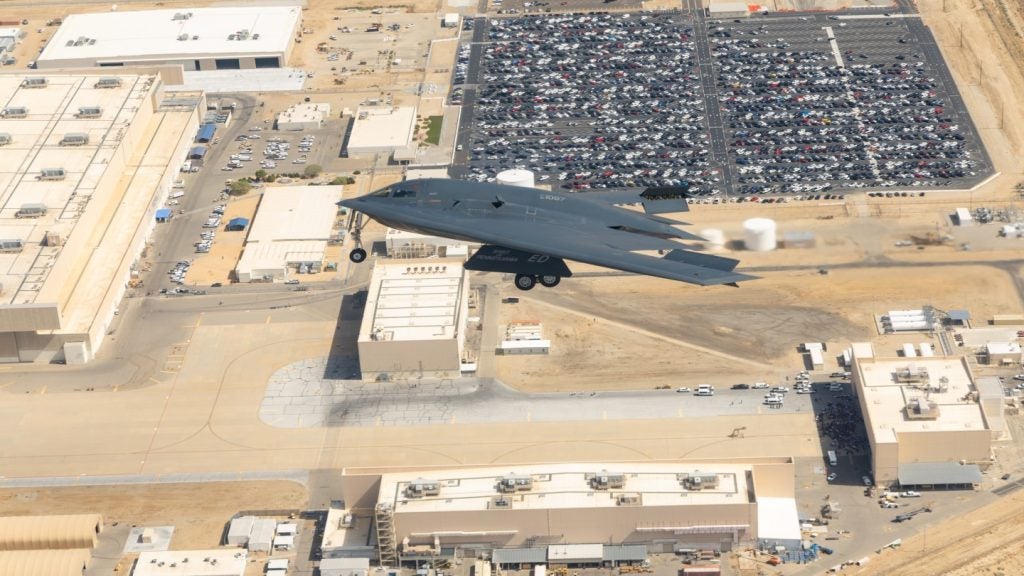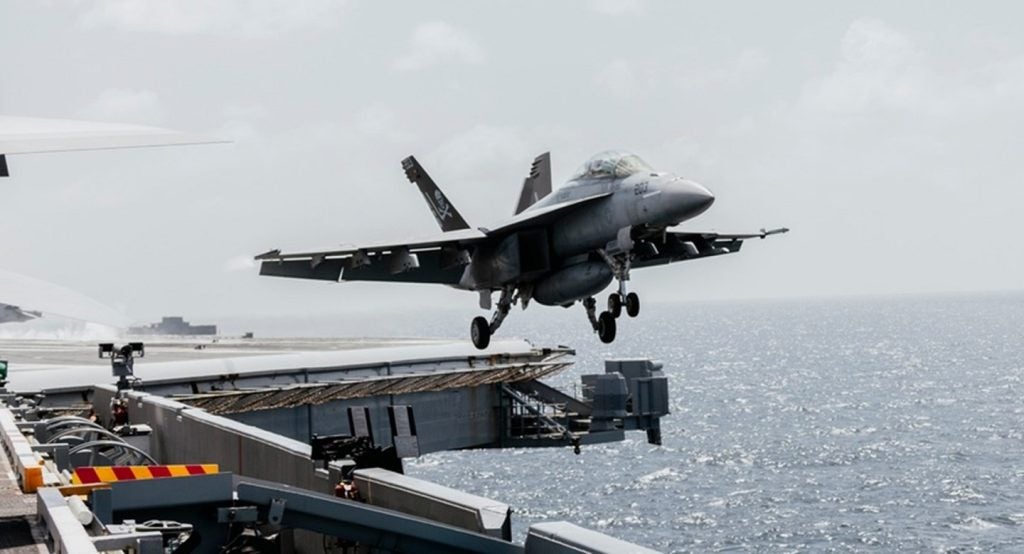
New York Air National Guard’s (ANG) 109th Airlift Wing (AW) has outfitted and flight-tested the new NP2000 T56-A-15A turboprop engines with ski-equipped LC-130 aircraft.
The first flight test with more powerful turboprop 3.5 upgrades was executed by seven airmen on 11 October.
109th AW flight engineer master sergeant Christopher Dumond said: “Combined with LC-130H’s NP2000 eight-bladed propellers, this 3.5 engine is a finishing piece to the NP2000 system, modernising 109th’s fleet into a more powerful polar airlift force.”
The 109th AW, based at Stratton ANG Base in Schenectady, New York, is responsible for operating the US Department of Defense’s (DoD) only ski-equipped LC-130 Hercules aircraft.
Every year, this unit is deployed to the cold and adverse environments of Greenland and Antarctica to support the National Science Foundation’s (NSF) airlift and transport mission.
The upgraded engines will allow the AW to resolve the issue faced while taking off from icy surfaces, due to friction lock or heavy cargo loads under the ski.
How well do you really know your competitors?
Access the most comprehensive Company Profiles on the market, powered by GlobalData. Save hours of research. Gain competitive edge.

Thank you!
Your download email will arrive shortly
Not ready to buy yet? Download a free sample
We are confident about the unique quality of our Company Profiles. However, we want you to make the most beneficial decision for your business, so we offer a free sample that you can download by submitting the below form
By GlobalData109th AW maintenance propulsion section senior enlisted leader senior master sergeant Jared Nardi said: “The engine includes an upgraded compressor and improved turbines, and those allow for a lot of improvements and cost savings in both the maintenance and operations worlds.
“We can fly farther on less fuel, take off faster in the Arctic and Antarctic, and maintain these engines more efficiently and less often.”
Nardi said that the overall cost benefits of new engines can even exceed the initial overhaul investment in five years.
The AW is planning to overhaul the old engines of four more aircraft before the next scheduled flying season in Greenland in April next year.
Overhaul of the entire LC-130 fleet engines is expected to complete after Operation Deep Freeze deployment in 2023 and 2024.







